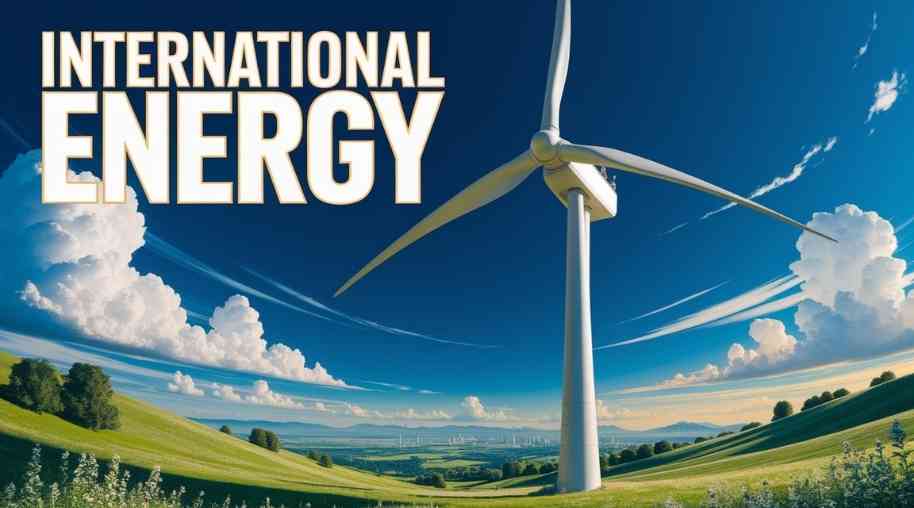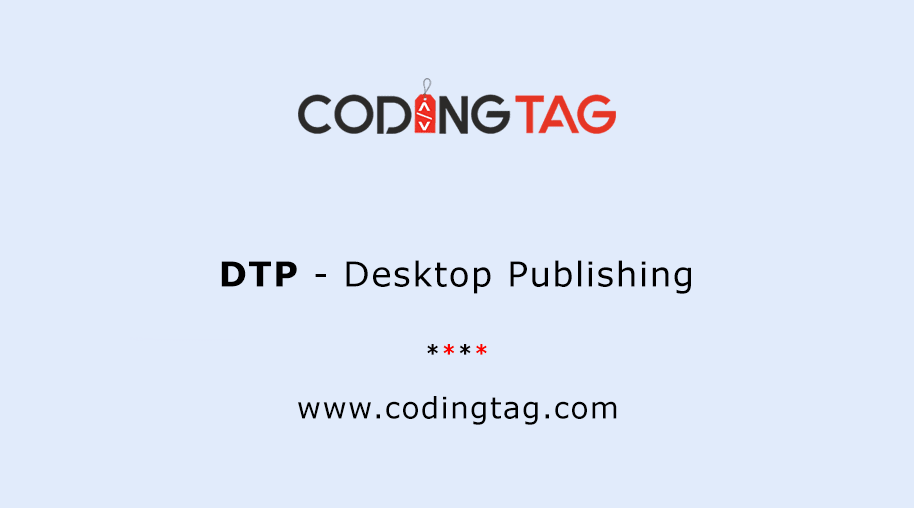IEA Full Form-International Energy Agency
by Shashi Gaherwar
0 2442
Introduction
The International Energy Agency (IEA) plays a pivotal role in shaping global energy policy, ensuring energy security, and guiding the transition to cleaner, more sustainable energy sources. Established in the wake of the 1973 oil crisis, the IEA has evolved from a Western-centric energy watchdog to a global leader in clean energy innovation, data-driven policy guidance, and climate change mitigation.

As the world grapples with climate change, energy crises, and the urgent need to reduce carbon emissions, the IEA has emerged as a central force in coordinating international energy strategies, encouraging the adoption of renewable energy, and supporting countries on their path to net-zero emissions.
History and Mission of the IEA
Founded in 1974 under the framework of the Organisation for Economic Co-operation and Development (OECD), the IEA was initially tasked with helping countries respond to oil supply disruptions. Its primary goal was to coordinate emergency responses among member countries to ensure the availability of oil and maintain stability in global markets.
Over time, the IEA expanded its mission beyond oil security to encompass all aspects of energy, including natural gas, coal, electricity, renewables, and energy efficiency. Today, its core functions include:
- Promoting energy security
- Advocating for economic development
- Supporting environmental sustainability
- Advancing technological innovation
Membership and Global Reach
Originally composed of OECD countries, the IEA has broadened its engagement to include key emerging economies such as China, India, Brazil, and South Africa. While these nations are not full members, they actively participate in various IEA initiatives and policy discussions.
As of 2025, the IEA has 31 member countries and 11 association countries, representing over 75% of global energy consumption. This wide reach positions the agency as a unique platform for international energy cooperation.
Key Focus Areas
- Energy Security:
- The IEA monitors global energy markets and provides early warning systems for disruptions.
- It maintains emergency oil stockpiles and coordinates collective responses in times of crisis.
- In recent years, it has expanded its definition of energy security to include electricity reliability, cybersecurity, and resilience against climate events.
- Sustainable Development and Climate Goals:
- The IEA supports countries in aligning energy policies with the Paris Agreement and the UN Sustainable Development Goals (SDGs).
- Its flagship report, the World Energy Outlook (WEO), offers scenarios and pathways for achieving net-zero emissions by 2050.
- Renewable Energy and Energy Efficiency:
- The IEA promotes solar, wind, hydropower, bioenergy, and emerging technologies such as green hydrogen.
- It also emphasizes energy efficiency as a “first fuel,†advocating for stricter efficiency standards in buildings, transportation, and industry.
- Data and Research:
- One of the IEA’s greatest strengths is its robust, transparent, and accessible energy data.
- The agency provides detailed statistics and projections on global energy production, consumption, investment, and emissions.
IEA and the Energy Transition
The IEA is at the forefront of the global energy transition, guiding countries toward a cleaner energy mix while ensuring affordability and reliability. Its 2021 Net Zero by 2050 report was a groundbreaking blueprint, outlining more than 400 milestones to decarbonize the global energy system.
Some of the key recommendations include:
- No new coal or oil and gas fields beyond those already approved.
- A rapid shift to electric vehicles and the phasing out of internal combustion engines by 2035.
- Tripling the investment in renewables and energy infrastructure.
While ambitious, the IEA emphasizes that a successful energy transition requires strong policy action, international cooperation, and public-private investment.
Criticism and Challenges
Despite its leadership, the IEA has faced criticism for:
- Historically underestimating the growth of renewables.
- Maintaining a close alignment with fossil fuel interests in its early years.
- Being slow to adapt to the urgency of the climate crisis.
However, recent years have shown a significant pivot. Under the leadership of Executive Director Fatih Birol, the agency has become more vocal about the need to accelerate clean energy adoption and phase out fossil fuels.
The IEA also faces the challenge of addressing energy access. Over 700 million people, mostly in Sub-Saharan Africa, still lack access to electricity. Balancing the goals of decarbonization with development and equity remains a critical part of its evolving mission.
The Road Ahead
Looking forward, the IEA will continue to play a central role in shaping a just, secure, and sustainable global energy future. Key priorities include:
- Scaling up clean energy financing in emerging and developing countries.
- Enhancing grid infrastructure to support decentralized and variable renewables.
- Supporting innovation in areas such as carbon capture, energy storage, and green hydrogen.
- Fostering inclusive dialogue between governments, industries, and civil society.
As the world edges closer to climate tipping points, the IEA’s ability to provide reliable data, credible analysis, and practical policy recommendations will be more crucial than ever.
The International Energy Agency has transformed from an oil crisis response team to a global leader in clean energy transformation. With its deep technical expertise, influential reports, and expanding global network, the IEA is uniquely positioned to help the world achieve a secure, sustainable, and equitable energy future.
Whether navigating geopolitical tensions, energy shocks, or climate imperatives, the IEA stands as a vital institution in the complex energy landscape of the 21st century.
Further Learning Resources
If you’re passionate about building a successful blogging website, check out this helpful guide at Coding Tag – How to Start a Successful Blog. It offers practical steps and expert tips to kickstart your blogging journey!
For dedicated UPSC exam preparation, we highly recommend visiting www.iasmania.com. It offers well-structured resources, current affairs, and subject-wise notes tailored specifically for aspirants. Start your journey today!

Share:









Comments
Waiting for your comments